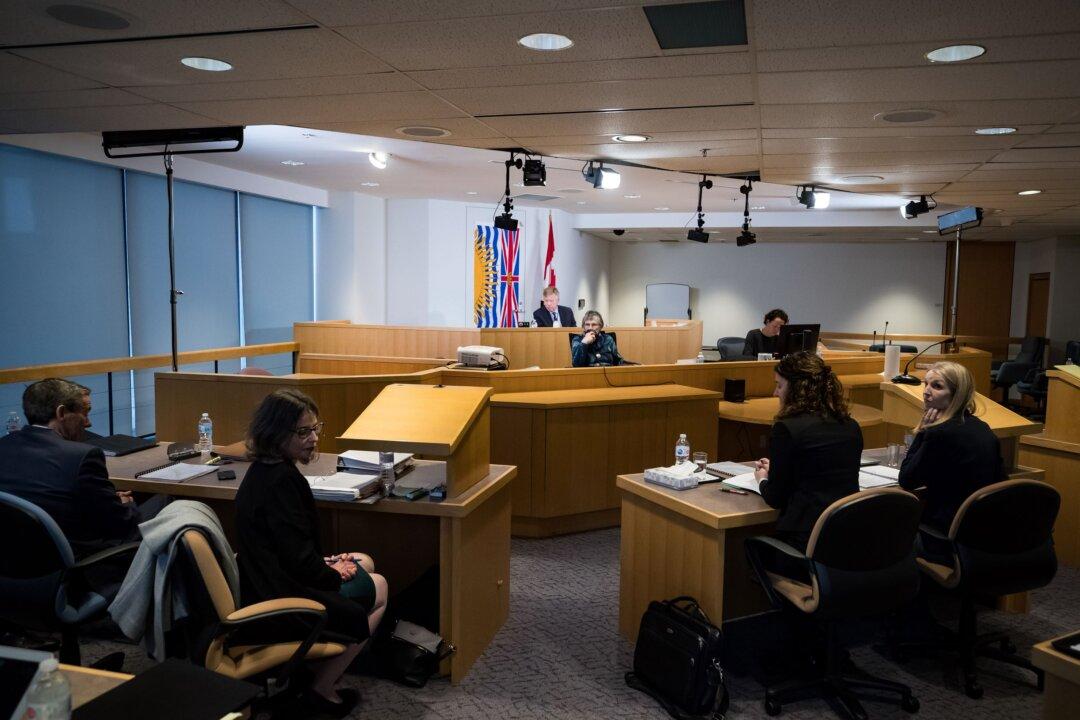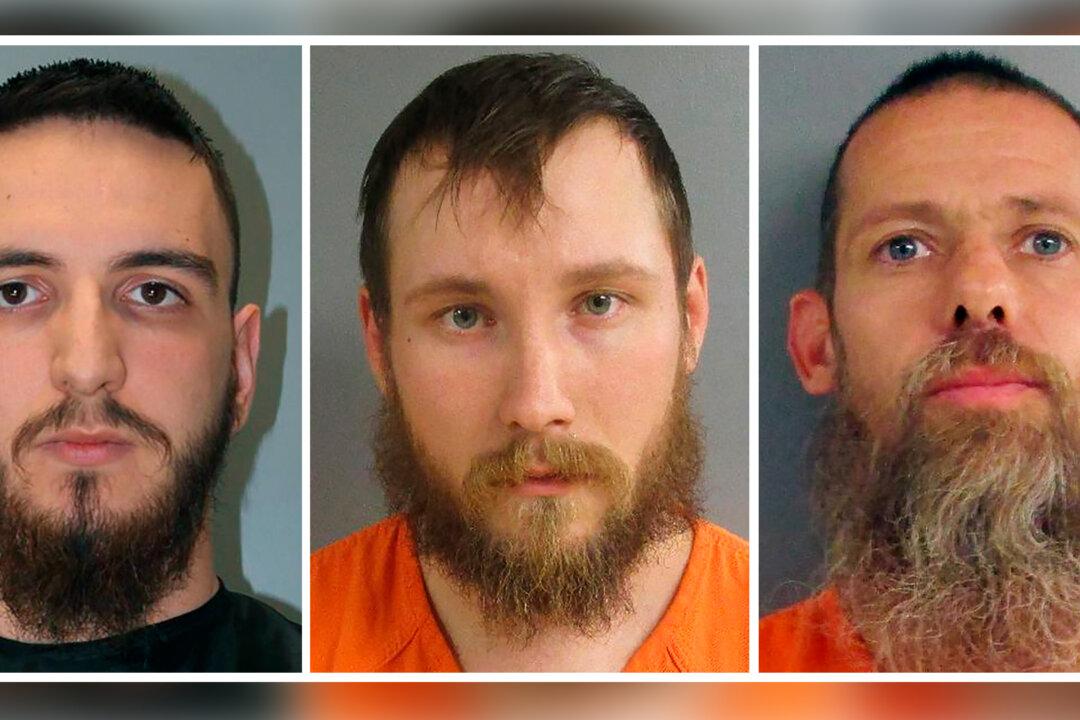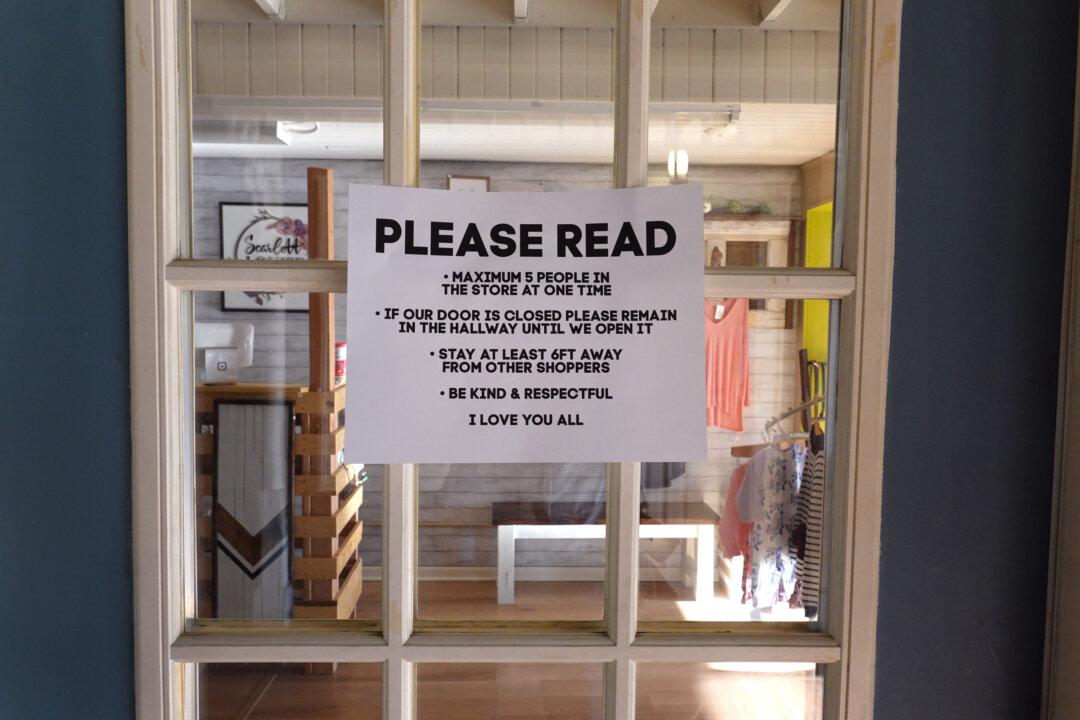After a round of hearings in April with high-profile politicians, including former B.C. premier Christy Clark, the Cullen Commission will be hearing from expert witnesses in the coming weeks as it continues its investigation of widespread money laundering in B.C.
Questions to current and former politicians appearing before the commission included probes on whether claims of authorities’ reluctance to properly monitor and report suspicious cash transactions were true, and whether the desire to boost provincial revenues played a role in limiting enforcement.





